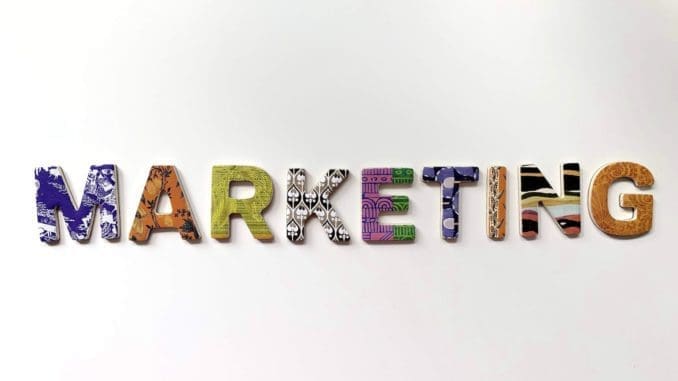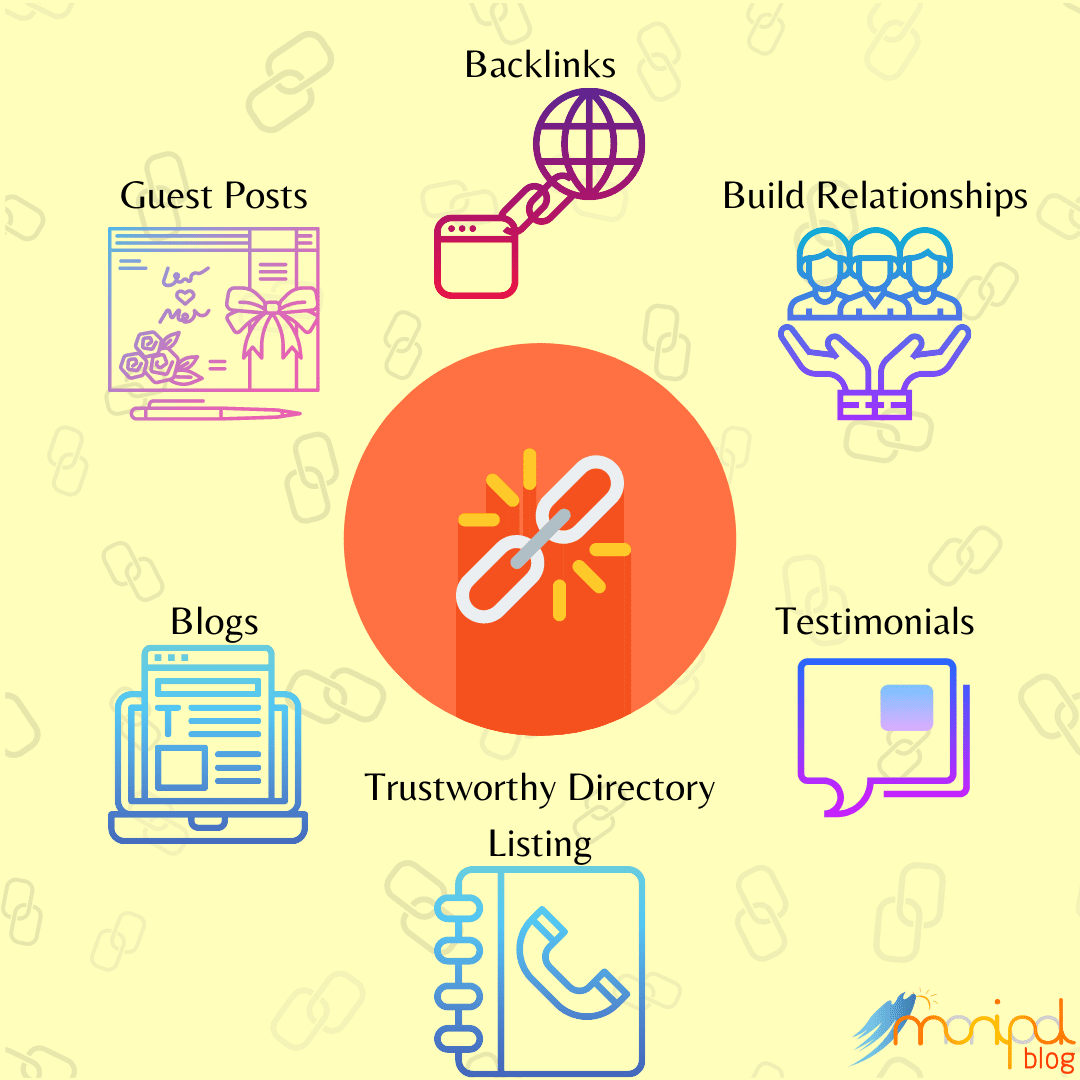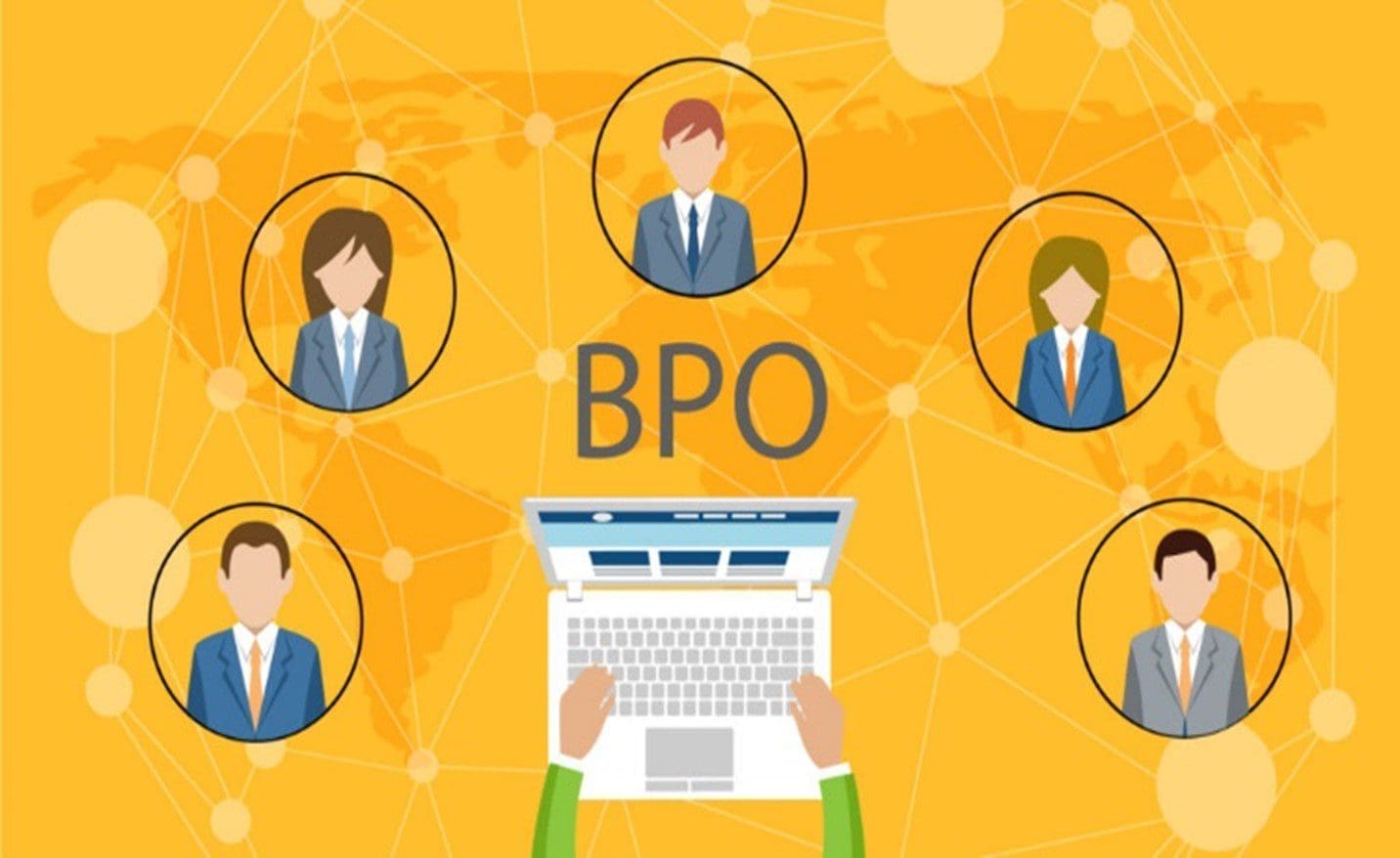
In today’s fast-paced digital landscape, B2B marketing agencies are at the forefront of driving business growth and success. These agencies are crucial in developing and executing effective marketing strategies, generating leads, and building brand awareness in the B2B sector. However, the industry constantly evolves, and marketing agencies must adapt to stay ahead of the competition.
This article will explore the future of a b2b marketing agency and the key trends revolutionizing its operations.
The Rise of Artificial Intelligence in B2B Marketing Agencies
Artificial Intelligence (AI) has emerged as a game-changer in the marketing industry, and its impact on B2B marketing agencies is undeniable. AI-powered technologies, such as machine learning algorithms and natural language processing, enable agencies to analyze vast amounts of data, uncover actionable insights, and make data-driven decisions. By automating repetitive tasks and optimizing marketing campaigns, AI frees up valuable time for marketers to focus on marketing strategy and creativity.
Embracing Automation: Streamlining Processes in B2B Marketing Agencies
- Automation is crucial for B2B marketing agencies to streamline their processes.
- Manual tasks like email marketing, lead nurturing, and social media scheduling can be automated for improved efficiency.
- Marketing automation platforms allow agencies to segment their audience and personalize communications.
- By automating campaigns, agencies can track their effectiveness and achieve higher conversion rates.
- Automation enables B2B marketing agencies to deliver consistent results and better client ROI.
Data-driven Decision Making: Harnessing the Power of Big Data in B2B Marketing Agencies
Data is the driving force behind successful marketing strategies in the digital age. B2B marketing agencies leverage big data to gain deep insights into customer behavior, preferences, and trends. By analyzing data from multiple sources, including website analytics and measurements, social media engagement, and customer interactions, agencies can create highly targeted and personalized campaigns that resonate with their client’s target audience. Data-driven decision-making allows agencies to optimize their marketing efforts and sales enablement.
The Role of Virtual Reality and Augmented Reality in B2B Marketing
Virtual Reality (VR) and Augmented Reality (AR) are no longer limited to the gaming industry. B2B marketing agencies are embracing these immersive technologies to create engaging and interactive experiences for their client’s target audience. VR and AR can showcase products and services, provide virtual tours of facilities, and simulate real-life scenarios, enabling potential customers to visualize and experience a brand’s offerings firsthand. Agencies can captivate and leave a lasting impression on buyer persona development by incorporating VR and AR into their marketing strategies.
Integrating Blockchain Technology: Enhancing Transparency and Trust in B2B Marketing Agencies
Blockchain technology is revolutionizing numerous industries, including B2B marketing agencies. By integrating blockchain into their operations, these agencies can significantly enhance transparency and trust. Blockchain’s inherent secure and tamper-proof record-keeping characteristics make it an ideal solution for B2B digital marketing, such as influencer marketing and ad placement.
In influencer marketing, blockchain marketing technology provides transparency by ensuring that the data and metrics shared by influencers are accurate and trustworthy. By recording all interactions and transactions on a blockchain ledger, B2B marketing agencies can verify the authenticity and effectiveness of influencer campaigns. This transparency level helps build trust between agencies, influencers, and clients, as all parties can access the same verified information.
Moreover, blockchain-powered smart contracts are vital in creating transparent and fair transactions within B2B marketing agencies. Smart contracts are self-executing agreements with predefined rules and conditions. Agencies can automate payment processes using blockchain technology and ensure that all parties receive their fair share. This competitive analysis eliminates the need for intermediaries, reduces costs, and enhances efficiency while maintaining transparency and accountability.
The Evolution of Account-Based Marketing: Personalization at Scale

Account-Based Marketing (ABM) has gained significant traction in recent years, and its importance will continue to grow. B2B marketing agencies increasingly adopt ABM strategies to personalize their marketing efforts and engage high-value accounts. By focusing on specific target accounts, agencies can create tailored campaigns that resonate with key decision-makers, leading to higher conversion rates and increased revenue. ABM allows agencies to build strong client relationships and deliver personalized experiences at scale.
Video Marketing in B2B: Engaging and Captivating Audiences
Video marketing has become a dominant force in the B2B space. B2B marketing agencies are harnessing the power of video to engage and captivate audiences. From product demos and customer testimonials to thought leadership interviews and animated explainers, videos allow agencies to convey complex messages in an easily digestible format. Agencies can increase brand awareness, improve lead generation, and drive conversions by incorporating video into their content marketing strategies.
Influencer Partnerships in B2B: Collaborating with Industry Leaders for Impactful Campaigns

Influencer marketing is not limited to consumer brands. Social media marketing agencies recognize the value of collaborating with industry leaders and influencers to amplify their clients’ messages and reach a wider audience. By identifying relevant influencers and thought leaders in their clients’ industry, agencies can leverage their expertise and credibility for branding and positioning awareness, establish trust, and drive meaningful engagement. Influencer partnerships bring a human element to B2B marketing and can significantly impact the success of marketing campaigns.
The Power of Voice Search: Optimizing B2B Marketing Strategies for Voice Assistants
With the rise of voice assistants like Amazon Alexa and Google Assistant, voice search is becoming increasingly prevalent in B2B marketing. B2B marketing agencies must optimize their clients’ content and SEO strategies to ensure they appear in voice search results. By understanding how people use voice search and tailoring content to address their queries, agencies can position their clients as authoritative sources in their industry and gain a competitive edge.
Interactive Experiences: Gamification and Immersive Strategies in B2B Marketing
- Gamification and immersive strategies are valuable tools for B2B marketing agencies to engage their audience and create a memorable experience.
- Game elements in campaigns encourage participation, foster competition, and drive customer loyalty.
- Immersive technologies like virtual and augmented reality enable interactive experiences where potential customers can explore products and agency services engagingly.
- Gamification and immersive strategies help agencies stand out in a competitive market and deliver impactful campaigns.
- B2B marketing agencies must embrace emerging trends like AI, automation, big data, influencer partnerships, and personalized strategies to stay relevant and achieve exceptional results.
- Adapting to changing customer behaviors and staying at the forefront of innovation is crucial for long-term success in the evolving B2B marketing landscape.




Be the first to comment